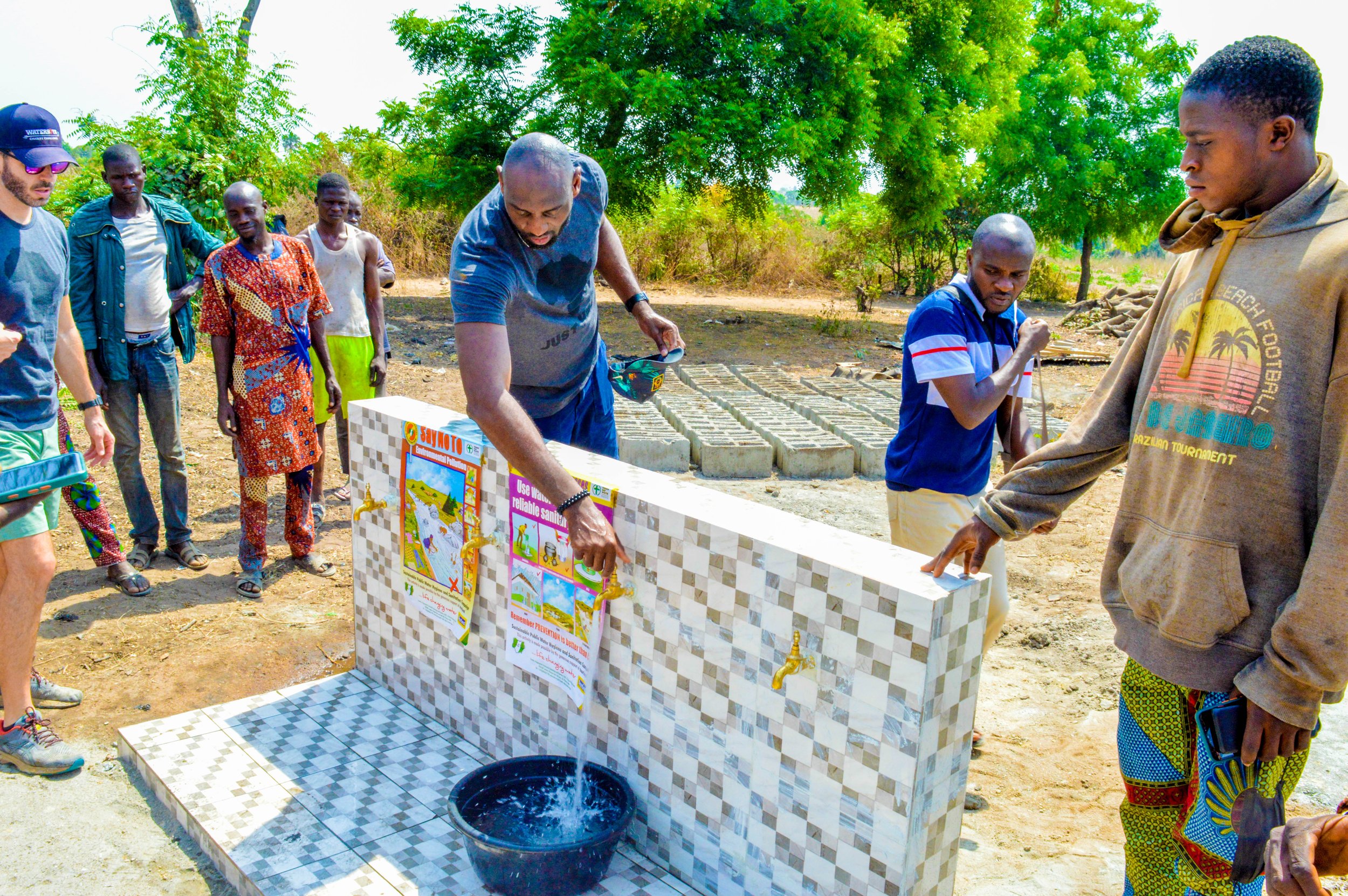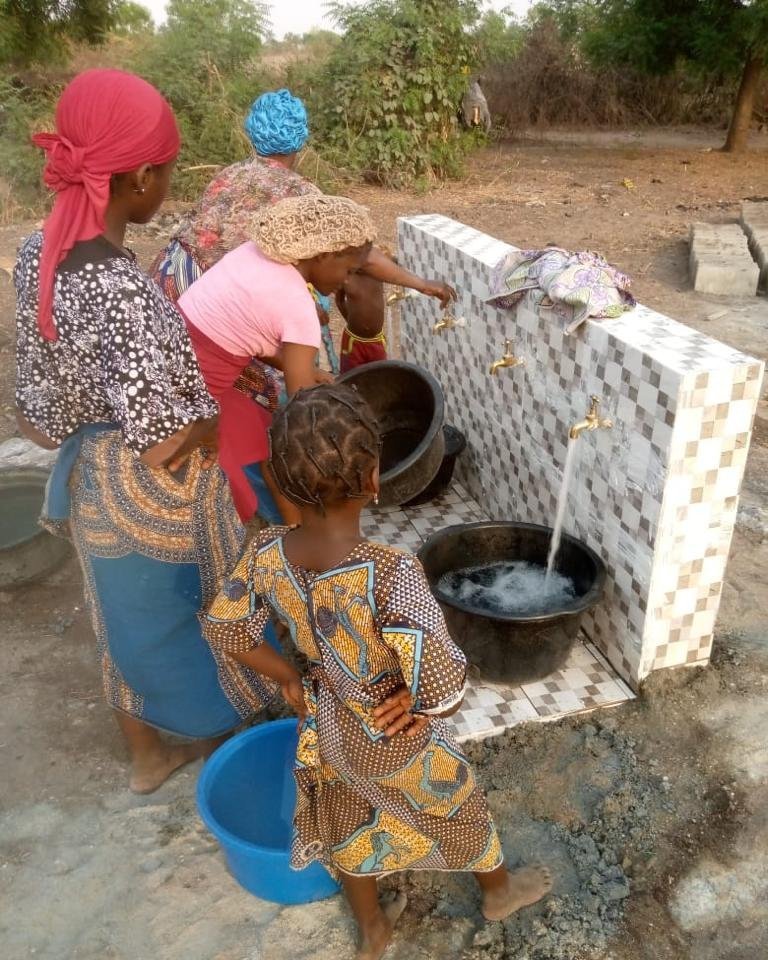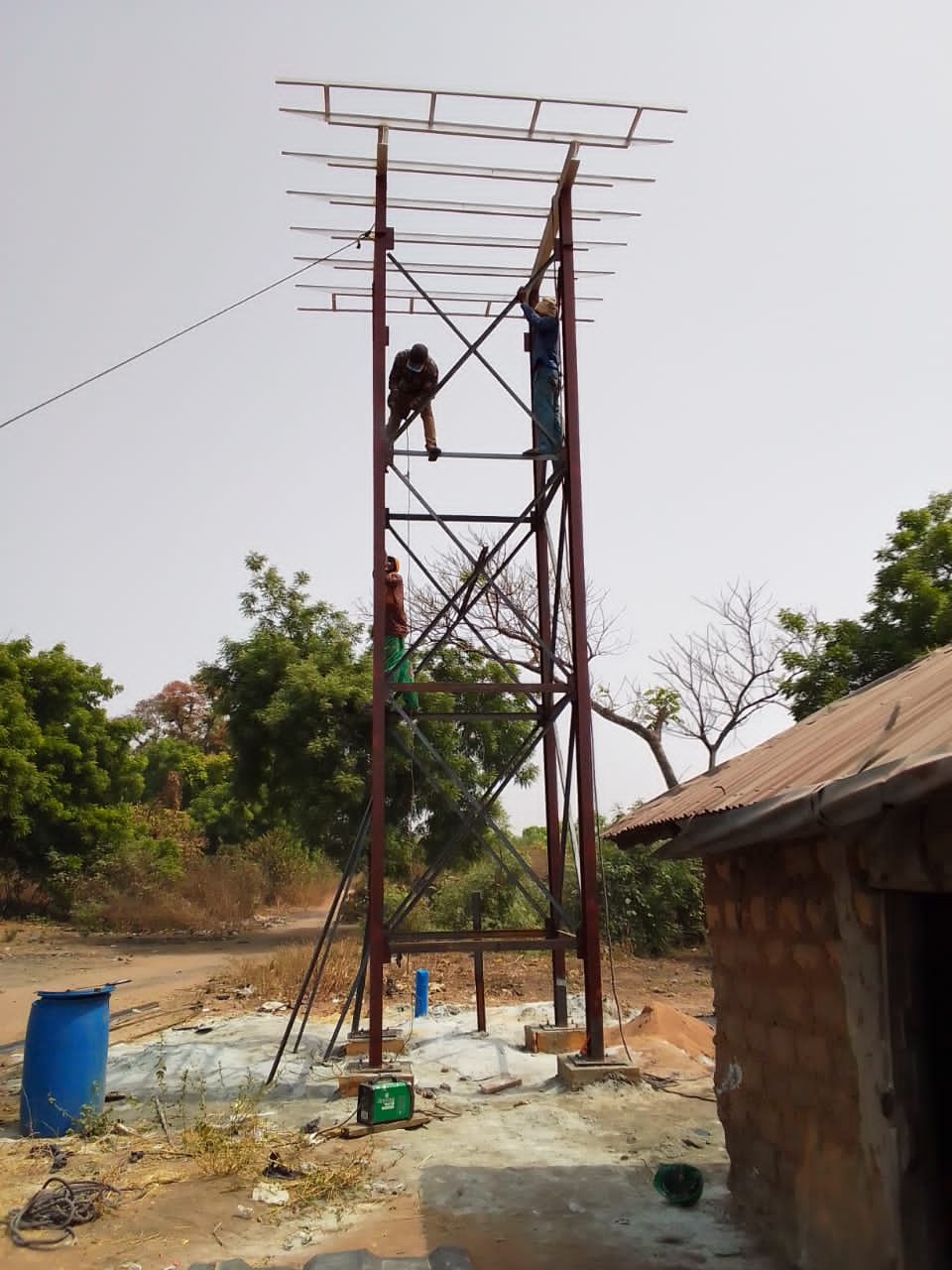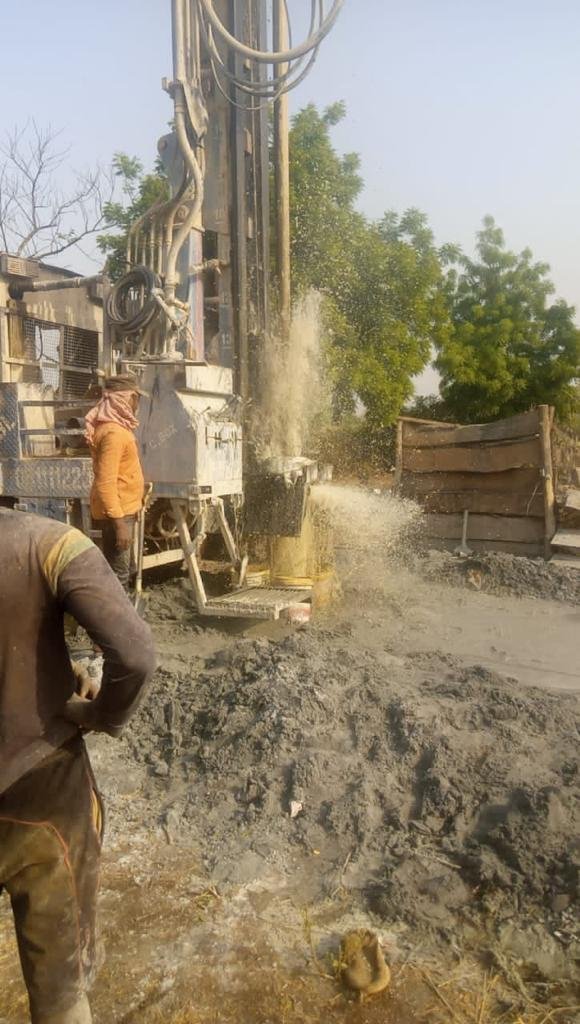everyone deserves access to clean water.
Water insecurity and water scarcity are the leading drivers for school attendance in sub-Saharan Africa, especially among girls. In some outlying villages, women and children spend as much as 6 hours a day walking to and from a water source. In the most at-risk villages, fecal contamination of the water source by either humans or animals poses significant health risks.
We are committed to drilling as many sustainable, clean water wells in rural sub-Saharan Africa as we can. Our wells are equipped with solar panels that ensure the well pump is functional, even if sufficient electrical infrastructure does not yet exist in the village. We train the community to service the panel, pump, and plumbing to the spigot, giving the authority and agency to the people we are trying to help.
Our first well project in Arinkinkin, outside of Ibadan, Nigeria changed the lives of over 7000 villagers. Their community was sourcing their water from a river that was seasonally eutrophic and contaminated with livestock feces. It cannot be overstated what a difference this well makes for them.










